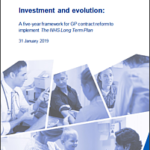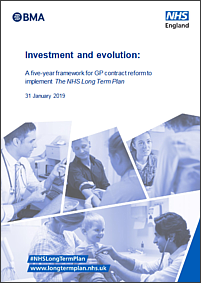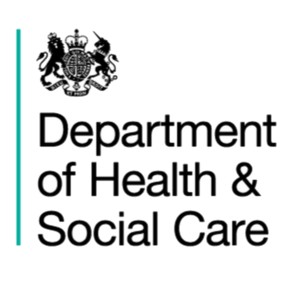 For the first time since Public Health England (PHE) came into being, musculoskeletal conditions have been mentioned in the Government’s remit letter to PHE. PHE is the national body with responsibility for the nation’s health and wellbeing and tackling health inequalities. Each year the Government sends them a set of instructions about their priorities. In 2019/20 this specifically includes ‘work-focused musculoskeletal prevention activity’.
For the first time since Public Health England (PHE) came into being, musculoskeletal conditions have been mentioned in the Government’s remit letter to PHE. PHE is the national body with responsibility for the nation’s health and wellbeing and tackling health inequalities. Each year the Government sends them a set of instructions about their priorities. In 2019/20 this specifically includes ‘work-focused musculoskeletal prevention activity’.
In 2018, PHE made musculoskeletal conditions one of its priority programmes, and so it’s great that these conditions are now taking their place on the national agenda.…
Read more of this article



 care and voluntary sector leaders who want to drive action through partnership working around the NHS Long Term Plan. The resources include online learning, webinars, workshops, coaching and individual support and are aimed at ICS/STP leads, commissioners, clinicians, and professionals from the voluntary sector.
care and voluntary sector leaders who want to drive action through partnership working around the NHS Long Term Plan. The resources include online learning, webinars, workshops, coaching and individual support and are aimed at ICS/STP leads, commissioners, clinicians, and professionals from the voluntary sector.
 The Oxford University Hospitals Foundation Trust Pilot
The Oxford University Hospitals Foundation Trust Pilot
 ARMA has been working with the
ARMA has been working with the  Ration Watch aims to expose the scale of rationing and the issues around local commissioning across the UK.…
Ration Watch aims to expose the scale of rationing and the issues around local commissioning across the UK.… 
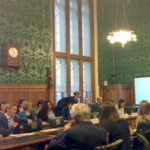
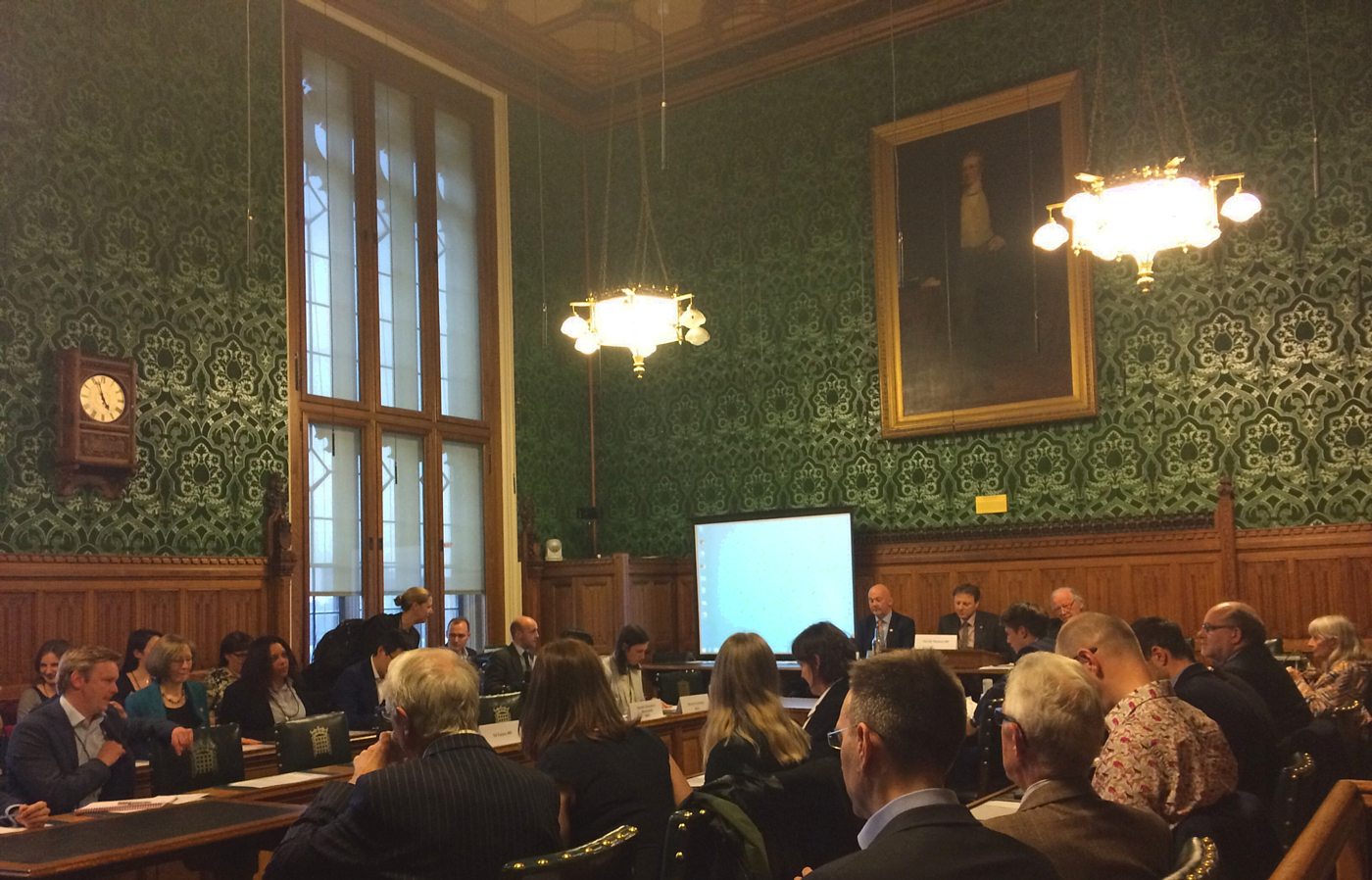


 Musculoskeletal support professionals in the community
Musculoskeletal support professionals in the community
 Since the NHS Long Term Plan (LTP) was published on 7 January 2019, the NHS Operational Planning and Contracting Guidance 2019/20 has been released. It gives guidance on how the additional funding settlement for the NHS should be used.
Since the NHS Long Term Plan (LTP) was published on 7 January 2019, the NHS Operational Planning and Contracting Guidance 2019/20 has been released. It gives guidance on how the additional funding settlement for the NHS should be used.
 Prevention seems to have been the theme of my February. The possibility that a lot of the pain and disability of MSK conditions might be prevented, and that this is being taken seriously is an exciting prospect. Even where the conditions can’t be prevented, good self-management support can make a big difference to the impact of the condition. The Government is clear that the future sustainability of the NHS depends on prevention, and that it wants to improve healthy life expectancy by at least five extra years, by 2035.…
Prevention seems to have been the theme of my February. The possibility that a lot of the pain and disability of MSK conditions might be prevented, and that this is being taken seriously is an exciting prospect. Even where the conditions can’t be prevented, good self-management support can make a big difference to the impact of the condition. The Government is clear that the future sustainability of the NHS depends on prevention, and that it wants to improve healthy life expectancy by at least five extra years, by 2035.… 